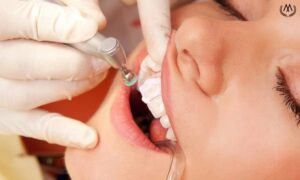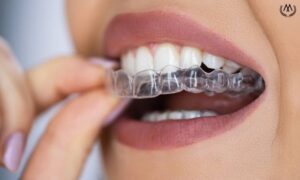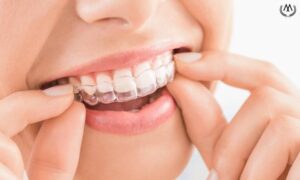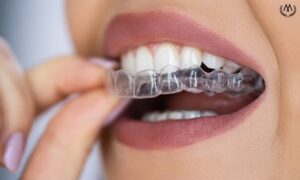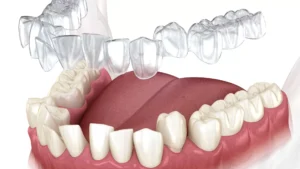Dental tartar, also known as calculus, is a hardened deposit that forms on teeth due to the mineralization of plaque. It is more difficult to remove than regular plaque and typically requires professional dental cleaning. Here’s a comprehensive guide on how to remove tartar and maintain healthy teeth:
1. What is Dental Tartar?
Dental tartar is the result of plaque—a soft, sticky film of bacteria—mineralizing and hardening over time. This hardened deposit can damage tooth enamel and create an aesthetically displeasing appearance.
2. Why Does Dental Tartar Form?
- Plaque Buildup: If plaque is not removed through regular brushing and flossing, it can mineralize into tartar.
- Mineral Accumulation: Saliva contains minerals that can deposit onto plaque, causing it to harden and become tartar.
3. Symptoms of Dental Tartar
- Discoloration: Yellowish or brownish stains along the gumline.
- Texture: A feeling of hard deposits between teeth.
- Bad Breath: Persistent bad breath can be a sign of tartar buildup.
4. How to Remove Dental Tartar
Professional Cleaning
- Scaling: A dentist or dental hygienist uses specialized tools to remove tartar from teeth. This process involves scraping away the tartar using manual or ultrasonic instruments. It is generally painless and effectively cleans and smooths the tooth surfaces.
At-Home Care
- Brushing: Brush your teeth at least twice a day with fluoride toothpaste to help prevent tartar buildup. Use a toothbrush with soft bristles to avoid damaging your gums.
- Flossing: Floss daily to remove plaque and food particles from between your teeth and below the gumline where brushing can’t reach. This helps prevent plaque from hardening into tartar.
- Mouthwash: Use an antibacterial mouthwash to reduce plaque and tartar buildup and to freshen breath. Mouthwashes with fluoride can also help protect against cavities.
Professional Recommendations
- Routine Checkups: Visit your dentist regularly, typically every six months, for professional cleanings and checkups. Your dentist can provide personalized recommendations to help reduce tartar formation.
- Diet and Lifestyle: Maintain a healthy diet low in sugary and starchy foods, avoid smoking, and limit alcohol consumption, as these factors can contribute to tartar buildup.
5. Preventing Dental Tartar
- Regular Dental Visits: Schedule routine cleanings with your dentist to keep tartar under control and address any early signs of dental issues.
- Good Oral Hygiene: Consistently brush and floss your teeth to remove plaque before it can harden into tartar.
- Healthy Habits: Avoid smoking and limit alcohol intake to support overall oral health and reduce tartar formation.
Conclusion
Removing dental tartar is crucial for maintaining oral health and preventing issues such as gum disease and cavities. While professional cleanings are essential for effectively removing tartar, maintaining a good oral hygiene routine at home can help prevent its buildup. For personalized advice and to address any concerns about tartar or oral health, consult with your dentist.

